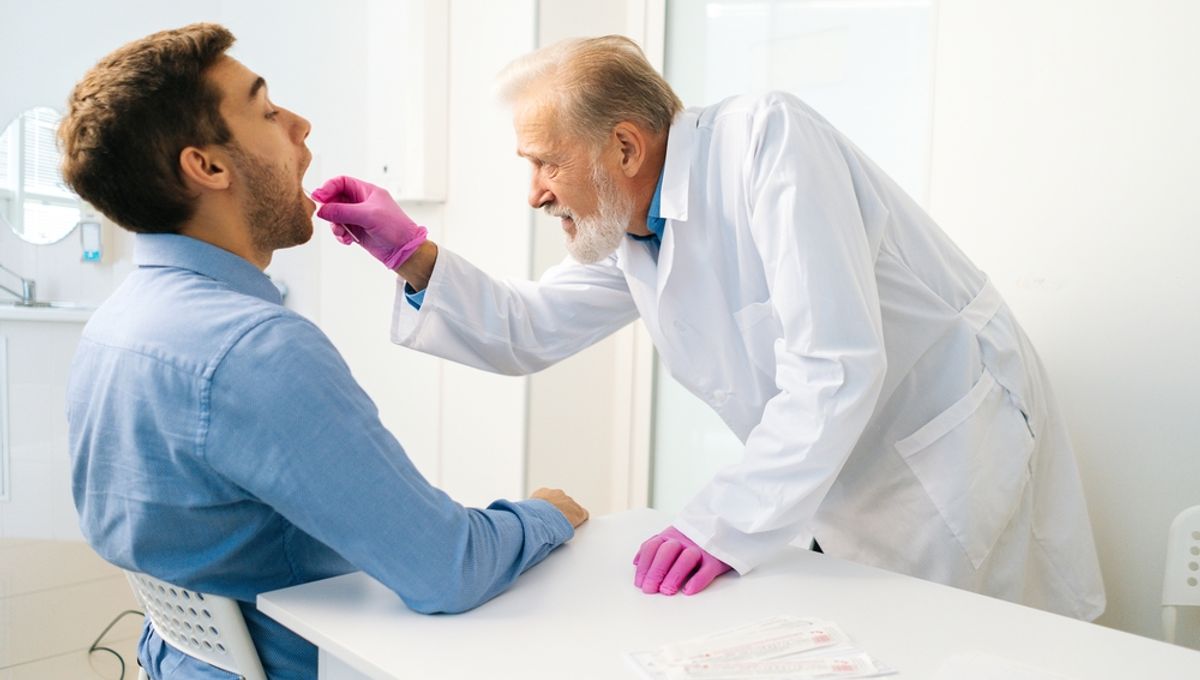
A tool that predicts biological age using epigenetic information from cheek swab samples is also an effective predictor of mortality risk, even when using data from other tissues.
CheekAge is an “epigenetic clock” – a tool that monitors minute changes to DNA called methylation markers to predict age. These tags accumulate in our genome over time, affecting how our genes are read and made into functional proteins.
First-generation clocks aimed to estimate chronological age, but later clocks incorporated measures of health and lifestyle. These clocks studied epigenetic markers in the blood. Earlier this year, researchers at New York-based company Tally Health developed CheekAge, which analyzes buccal swabs from the mouth. CheekAge correlates with age, smoking status, BMI, and alcohol consumption.
In the new study, the team explored whether CheekAge could predict future death risk. It proved to be as accurate as or more accurate as other epigenetic clocks.
The team tested CheekAge against a dataset of 1,513 people born in 1921 and 1936. Their biological data has been recorded throughout their lives by the University Of Edinburgh’s Lothian Birth Cohorts (LBC) program. They looked at methylation sites, at these locations, methyl groups have been added to a cytosine nucleotide.
One standard deviation increase in CheekAge correlated with a 21% rise in the hazard ratio of all-cause death.
The methylation data in the LBC isn’t based on saliva. Instead, the samples recorded were from blood. The researchers say that CheekAge’s accuracy, even when using the LBC data, suggests mortality markers are shared across different body tissues.
“We also demonstrate that specific methylation sites are especially important for this correlation, revealing potential links between specific genes and processes and human mortality captured by our clock,” said Maxim Shokhirev, a study co-author and researcher at Tally Health in a statement.
These important sites included those in a gene called PDZRN4, which acts as a tumor suppressor. More important methylation markers were seen in the gene ALPK2, which has been linked to cancer and heart health.
“It would be intriguing to determine if genes like ALPK2 impact lifespan or health in animal models,” said study coauthor Dr Adiv Johnson, also of Tally Health.
The study was published in Frontiers in Aging.
Source Link: A Simple Cheek Swab Predicts Your Risk Of Death